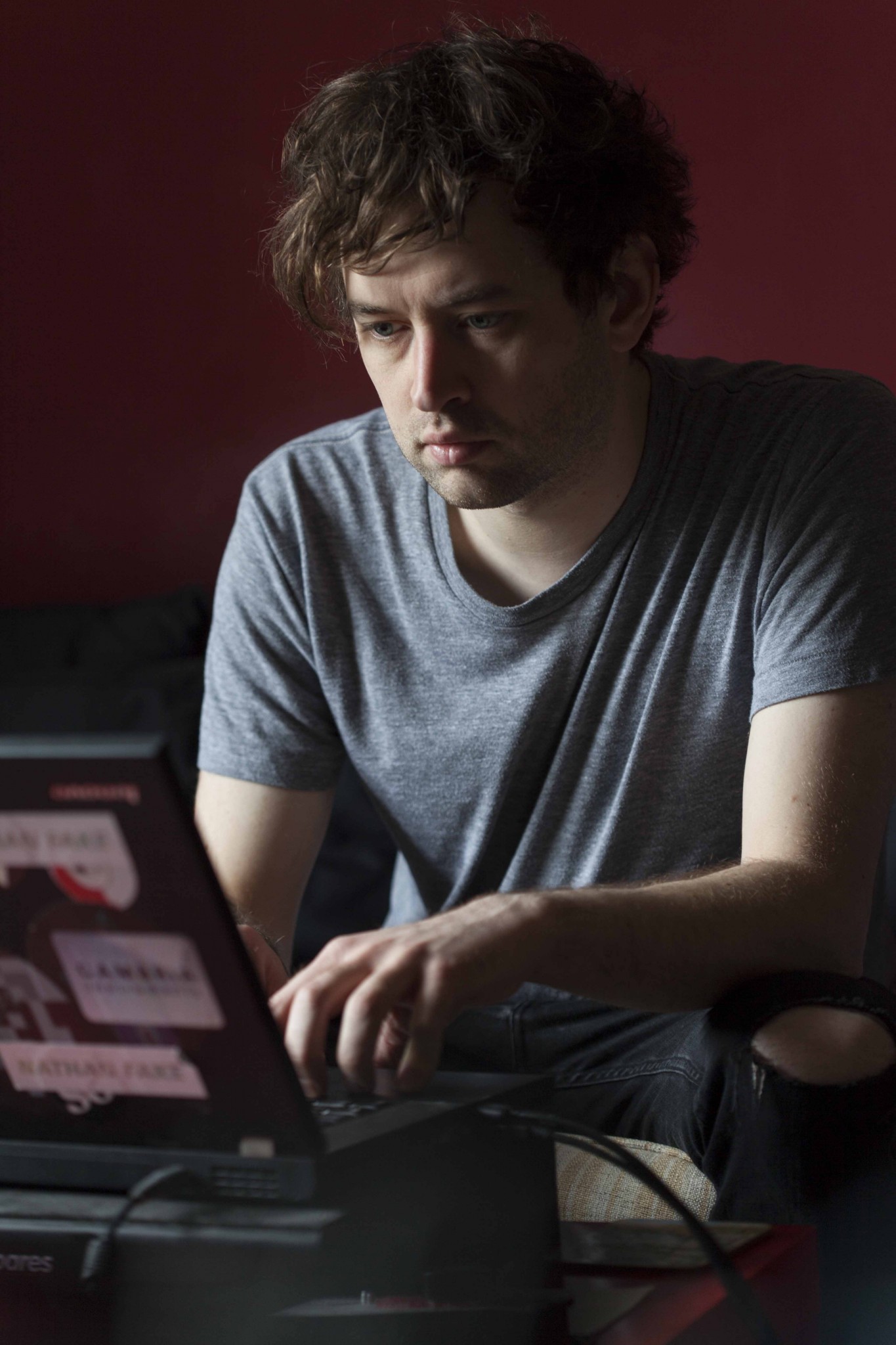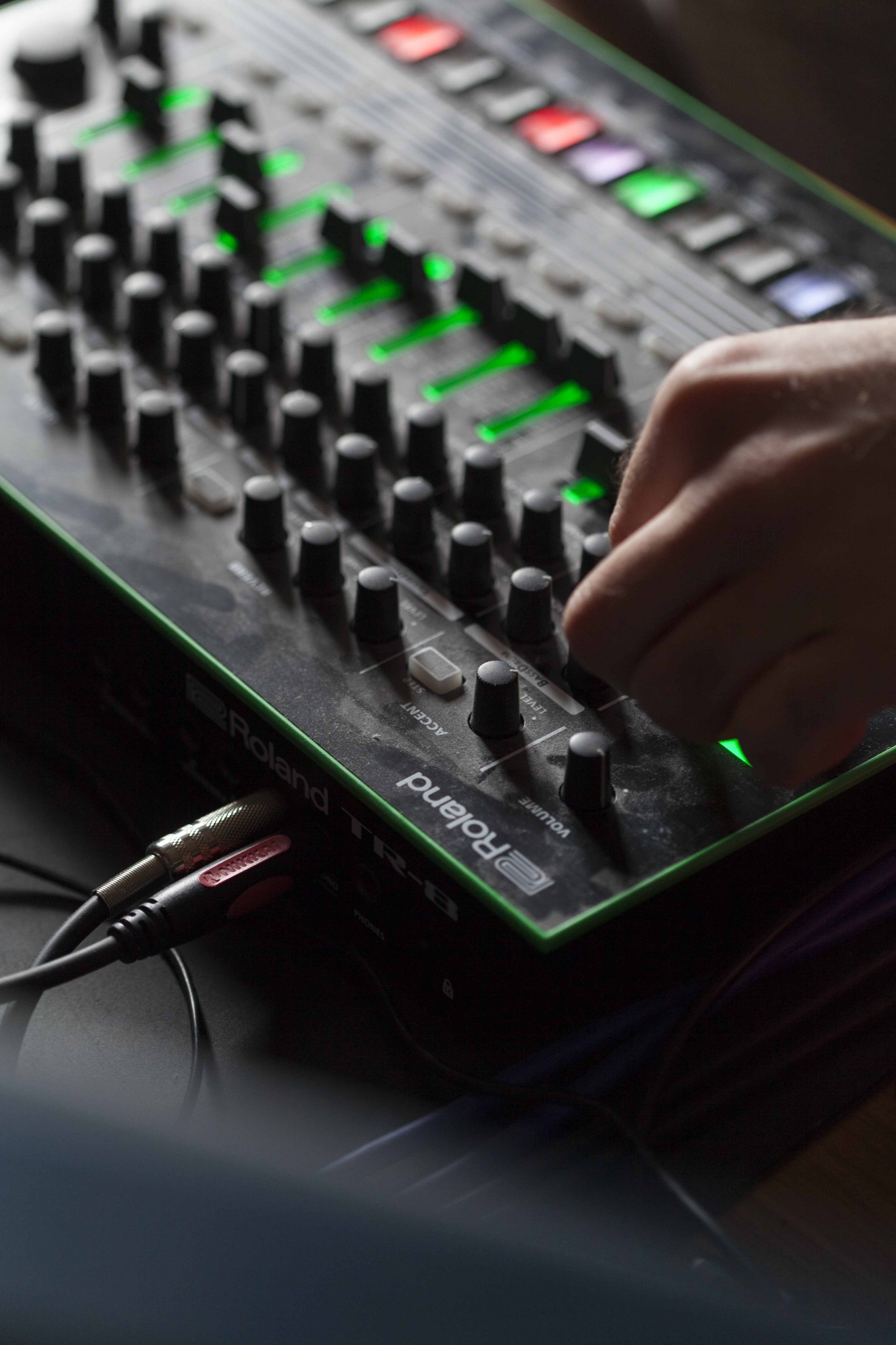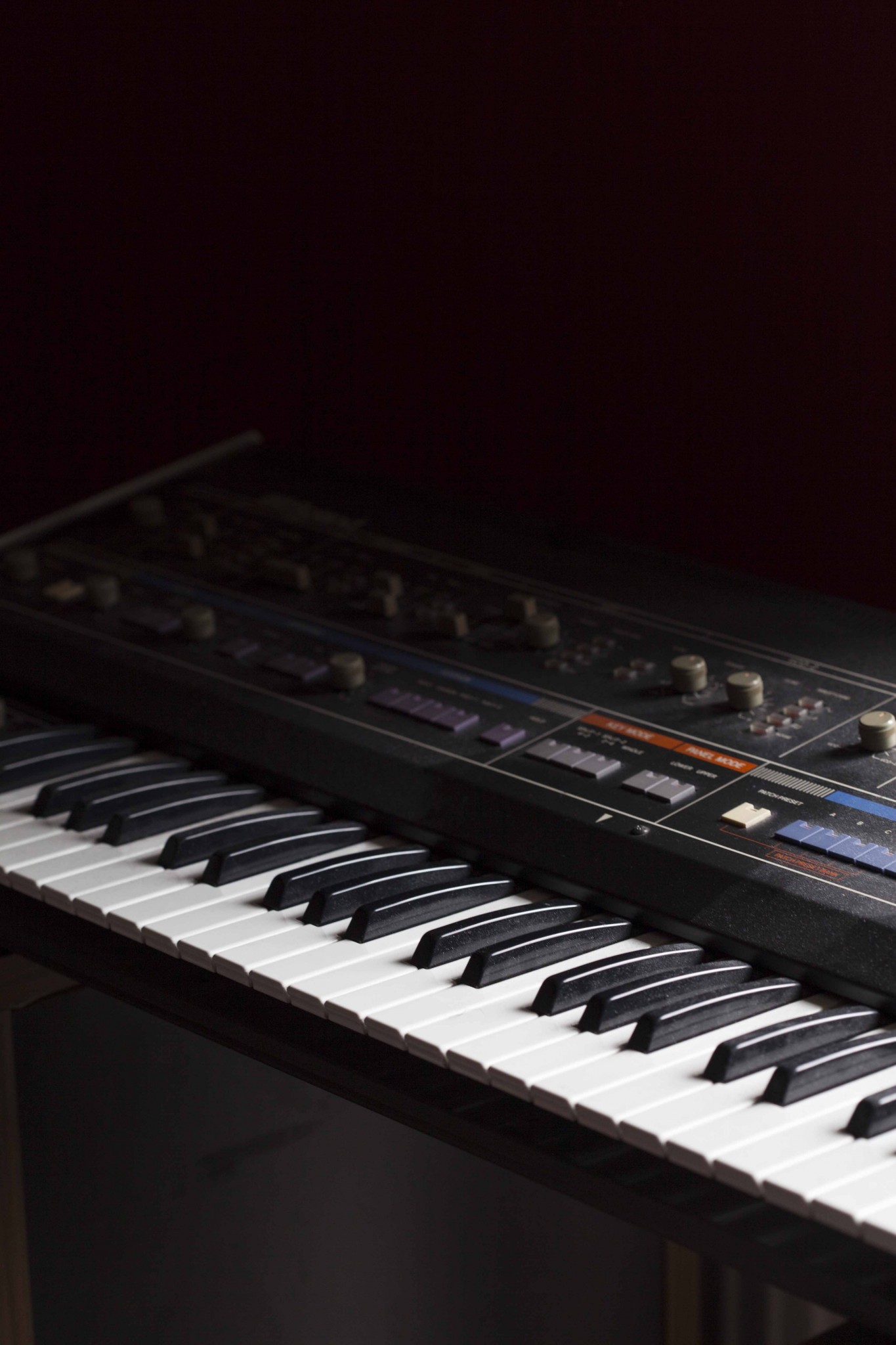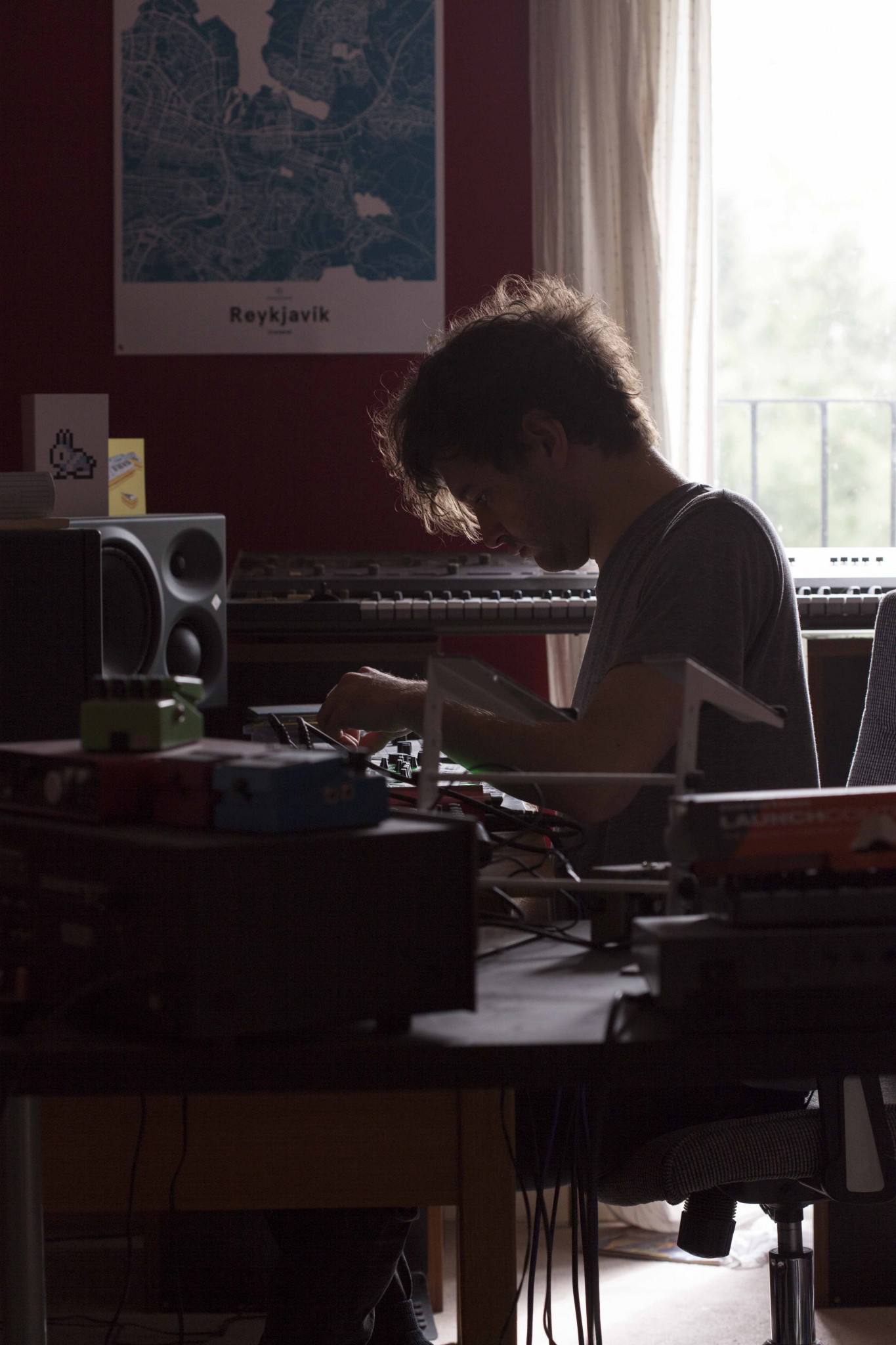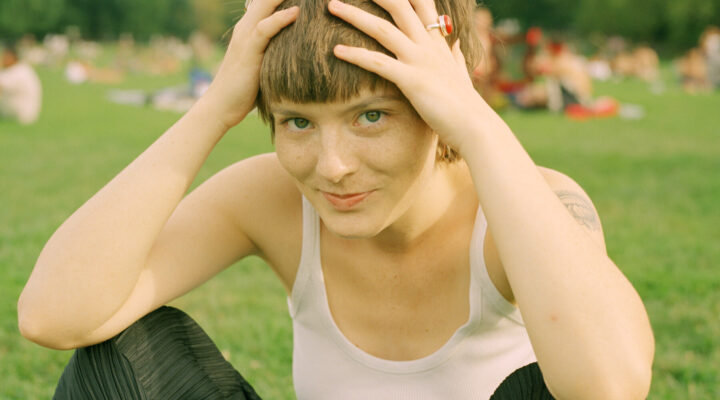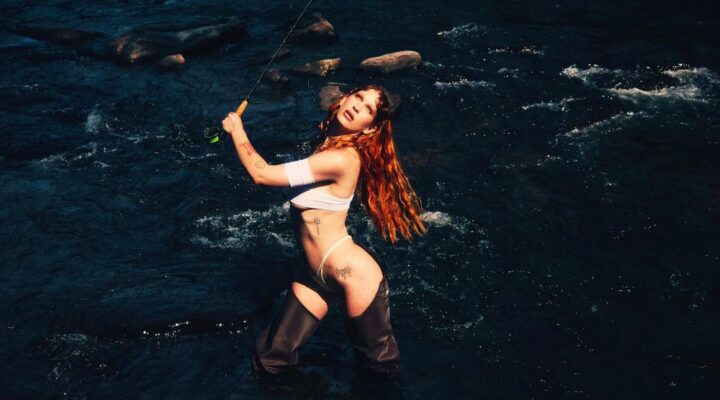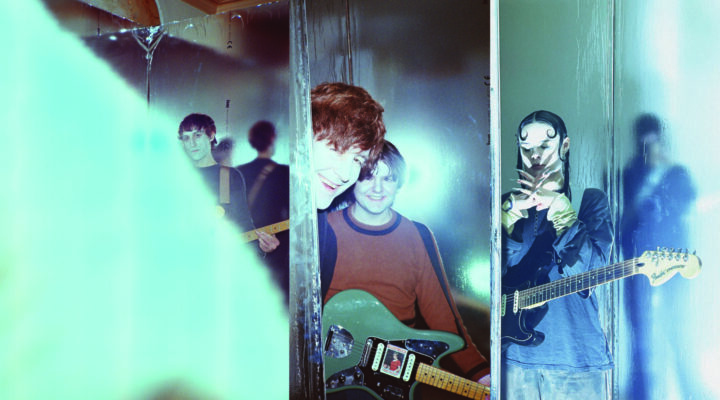Nathan Fake
Interview by Callum McLean
Photos by Trent McMinn in Norfolk, UK
With yet another anticipated edition of Down The Rabbit Hole just around the bend, we at Subbacultcha have fabricating this year’s festival guide to lead to you all the sweet spots. To get you in the mood, join us in catching up with Nathan Fake
From ‘progressive techno’s poster boy’ to ‘the prince of pastoral techno’, Nathan Fake is a producer whose undivided attention over the years nevertheless seems to divide aesthetics. Dancefloor / bedroom, rural / urban, organic / machinic, shoegaze / electronica – Fake’s music transcends each, fluctuating between textural ambience, soaring melodics and turbulent rhythmic progressions. Since his breakout singles ‘Outhouse’ and ‘The Sky Was Pink’ in 2003 and 2004, Fake has become a figurehead of James Holden’s Border Community label, known as much for the wildly varying tone of his LPs as his blistering live performances. And just when touring and writer’s block seemed to be taking its toll, Fake re-emerged after a five-year hiatus with Providence on Ninja Tune. At the apex of this gear-change, we catch Fake in his studio in sleepy Norwich to connect the dots between this rural wunderkind and his supremely diverse output.
You’ve come along way, it’s been almost 15 years since you sent a track to James Holden, leading to your first releases on his label Border Community. What’s changed, going into the studio now?
When you start out, like anyone, it’s just a hobby. That wide-eyed sort of naivety goes and you start getting a bit more…
…Old and weary?
‘It’s a mixture of increased confidence and increased pressure’
Yeah, it’s a mixture of increased confidence and increased pressure as well. But it’s good to have that feeling of healthy competition – you get a bit more aware of everyone else!
It’s not just you that has changed since then. I was reading an old review on Resident Advisor of your first album, Drowning in a Sea of Love – the author was bemoaning the record for being ‘folktronica’ and ‘housebound IDM’. Luckily this kind of approach seems quite outdated now…
Yeah, and RA particularly were very club-based before.
Is that ‘club’ vs. ‘bedroom’ music divide something that you’re still conscious of when you set about making music – this idea of music for the head or for the feet?
I was much more back then. With that album I was very conscious that these weren’t dancefloor tracks – I don’t only listen to dance music anyway. And when I made the techno stuff I was thinking, ‘Could a DJ play this?’ I don’t really do that any more – what I do now is a lot more impulsive and visceral. There’s a mixture of the dancefloor element and the sitting and listening vibe, which is what my live show reflects. You choose to dance to it or you can just sort of stand…
So how do other genres creep in?
I remember I had to look ‘pastoral’ up when I kept seeing it used in my reviews!
Back then I listened to a lot of Mogwai for sure, as well as My Bloody Valentine and Slowdive. I’ve always listened to a lot of ‘90s electronica, Warp records and stuff. And that’s never been about keeping it on the dancefloor, adhering to the guidelines of techno. The most interesting sort of music is stuff that straddles those two aesthetics.
What do you think they have in common? What struck you?
The link between ‘90s electronica and shoegaze is that they had a familiar setting, taken into quite an abstract zone. Shoegaze was just so strangely mixed and the playing wasn’t very good – it was sort of like punk in that way. It was more about the atmosphere and the vocals and drums all buried and the guitars all detuned. Warp stuff – Aphex Twin and Boards of Canada, especially – was also exploring that same aesthetic, really, but it was a bit more raw.
Like those acts, your music often gets called ‘pastoral’. Do you think this is purely because of your upbringing in the Norfolk countryside, or does it resonate with you as a producer?
I remember I had to look ‘pastoral’ up when I kept seeing it used in my reviews! The only thing with growing up somewhere rural is that you’re just less influenced by outside music scenes, less able to participate.
You’ve also said you prefer electronics that sound ‘human’?
I suppose the challenge with electronic music is making it sound human or organic. But I always felt that you could make the most electronic, analogue things sound really organic, using tape recordings adds this weirdly human wobble, and detuning everything just like Aphex and Boards – using tools to make the equipment not quite in-time and a bit out of tune. I’ve always been excited by making machines sound a bit wrong. The new album, Providence, is basically just me taming this quite out-there synthesiser, squashing it into the mix.
‘I always felt that you could make the most electronic, analogue things sound really organic’
Providence obviously has this real spiritual theme – but in the sense that it was a spiritual process to record, or that you wanted to inspire that feeling in others?
It was an intense experience recording it, I don’t want to sound pretentious, but it was spiritual. It had been four or five years since I’d made an album – I’d been really blown away by myself for a while, so it was quite enlightening. I also like not having things spelled out for you, which is exactly why I like electronic music – it can be such a blank palette emotionally.
Obviously, the maker of the music has an idea of how it will come across, but you have no idea how that will sound to someone else. I like that idea. With instrumental stuff you can be guided in whichever way you want. The title Providence references that really, because it means guidance. Well, divine guidance. I’m not religious at all, but my interpretation is that it’s guidance from something quite abstract – music, the universe, I don’t know! It sounds a bit pretentious, but fuck it!
Nathan Fake plays Down The Rabbit Hole festival on Friday 23 June, at the Fuzzy Lop stage at 00.45.
